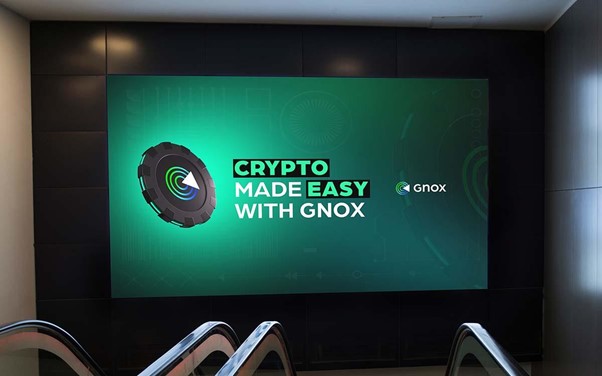The Highly-Anticipated GBR Coin ICO Will Take Place in a Few Day

A Dubai-based real estate company by the name of GBR that, over the last 25 years, has become a titan in the real estate industry is using blockchain and distributed ledger technology to completely transform the property market.
The company uses some of the latest and most scalable Web3 technologies currently available in the market to form their platform offering. These technologies include cryptocurrency technology, non-fungible tokens (NFTs), metaverse technology, and much more!
At the core of this ecosystem is the project’s native token, GBR Coin (GBR), which is a digital currency built on the Polygon (MATIC) blockchain. Property investors, sellers and buyers will be able to transact without borders from anywhere in the world using the GBR token.
Being a Polygon-powered token, users will also be able to reap all of the benefits that come with transacting on the Polygon blockchain, such as low transaction fees, near-zero transaction finality times, as well as high levels of security and transparency.
The GBR token will have a circulating supply of 60,000,000 wherein 40% will be sold in private and public sales, 25% for company allotment, 20% for advisors and partners, and 15% for ecosystem and marketing.
Investors seeking the unique opportunity to invest in the early stages of this project will be able to do so with its Initial Coin Offering (ICO) which will be hosted on the Polygon blockchain on the 23rd of September this year, and which can be accessed through the project’s official website.
Expanding Into Other Industries
GBR will extend its payment gateway solution into the gas and oil industries as well in order to address some key issues identified by the project’s team. One of the main issues identified by the GBR team is the high operational costs of production systems and environmental utilities on current operating sites.
Another major problem in the gas and oil industries are stringent environmental standards that are constantly changing and increasing in stringency.
The GBR platform will address these two key issues in the gas and oil industries by providing a platform that enables the optimization of production systems and environmental utilities on current operating sites, and that serves as a single point of reference for organizations to tap into to keep up to date with evolving environmental standards.
For more updates and details regarding the ICO, you can visit the project’s array of social platforms listed on their website.
This article is authorized for publication, and unless the source is indicated, it is submitted by users and does not represent the position of our website. If the content involves investment suggestions, it is for reference only and not as an investment basis.






